One of our favourite new books so far of 2023 is My Selma. Full of "True Stories of a Southern Childhood at the Height of the Civil Rights Movement", it is a memoir from author Willie Mae Brown.
She was just 12 years-old in 1965, a year when an historic march would take place. It started in her hometown of Selma, Alabama and wound its way to the state capital of Montgomery. The march was one of many turning points in the fight for civil rights, and it featured such legendary Black activist leaders as Martin Luther King Jr. and John Lewis.
Willie Mae's memories of Dr. King are a huge part of the book. They are also a huge part of the first part of our interview with her, which appeared last Friday. To read that, go here.
But My Selma is about so much more than just her memories of Dr. King. That's why we needed a second post—and what better time to hear Willie Mae's words than during Black History Month!
Willie Mae on food and being patient
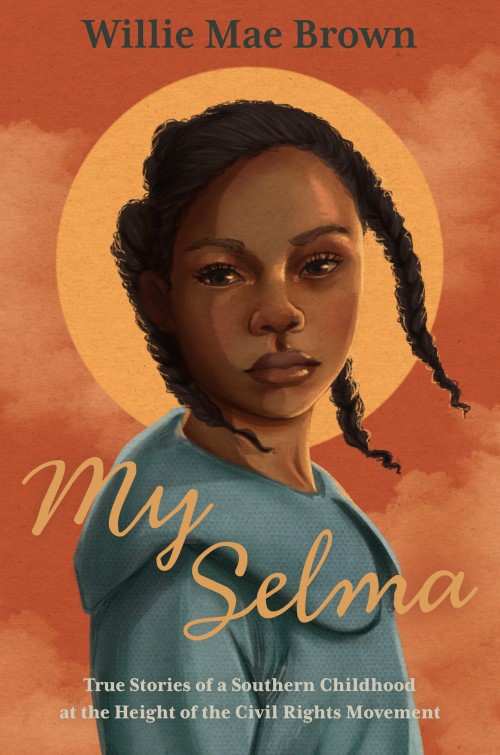
(MacMillian Publishing)
A key part of My Selma is Willie Mae's vivid details of her everyday life as a kid. You get the sights and smells and even tastes of what it was like to grow up in Alabama at the time. Even though this was a frightening period for Black people across the United States, she has many memories that are filled with happiness.
And she also has learned how, nearly sixty years later, to stay both patient and determined as she fights for change and a better world.
In Part 2, she talks about the joy of her aunt's cooking, growing up in the South, and the lessons she has learned about activism.
OWLconnected: You do such a great job of talking about what Selma was like for you growing up. Especially the food! Yum! Those are obviously great memories from your childhood.
WMB: Oh my goodness gracious. The food was just delicious. My aunt had a farm, she was a sharecropper [this is where a farmer rents their land and gives a portion of the crops to the owner of the land]. We would go there on Sundays and go to church and [my family] were all there. [There was] jubilant singing and clapping and all this great stuff. What a way to start a Sunday.
We knew that once we got to church, we would hear a good sermon. And after that we would go to my aunt's house. When we saw her, we knew that something had been cooking and it was going to be delicious. Everything was fresh. Every egg yolk was golden. Everything smelled so good.
OC: No wonder you remember these things so well. It all sounds amazing!
WMB: We actually had gourmet food. We had pheasant, we had deer. We had chicken and we had fish. I remember once, there was a man who sat on the front porch, and he just dropped whiting fish into this bubbling oil, and in two minutes it was done. The flavor was amazing!
And I remember one night, we went to bed about eight o'clock. Later, as I was sleeping, maybe at 9:30 or 10, my mother woke me up and said, "Open your mouth." And she put this tablespoon of blackberry slicker [a type of dumpling] in my mouth. The crust was crispy and you could taste the flavor of the blackberry.
OC: Your memories of church and the food at your aunt's were such a great way to start the book. Not only did it show the joy in your community, it also showed how much there was to fight for.
WMB: We were on those front lines. But what the adults needed to understand was that we were having fun making a difference in things.
OC: Many young people are doing the same sorts of things right now. They are passionate about being involved in activism and bringing change. But many are also feeling overwhelmed and frustrated about how slow change can be. Waiting for anything, especially stuff you want badly, is hard!
But you wrote at the end of the book that, "Patience is conviction".
WMB: Mm-hmm.
OC: Can you talk about about that a little more? How do you stay patient when the struggles are so hard?
WMB: Hmm. We had hope.
OC: Right.
WMB: If you can believe in something as we did, and you want it and you participate in it? Now, [as kids] we were taught to be patient. Where you going? Why are you running like that? Sit down somewhere!
Nowadays, we live in a fast world. But we can slow down.
I think that hope is patience. And when you are patient, you gain the sense of anticipation. You are waiting for something to happen and you are expecting a positive outcome. When you are convinced that something good is going to happen, that is conviction. And when you have conviction, you are courageous.
We built that [civil rights] movement slowly. We were in a rush, but we were also not in a rush.
We were young and we were always on the front line. If you can't stand up and be on the front line, that means you don't have any hope.
OC: Well, our chat with you has definitely given us hope. Thank you so much, Willie Mae!
WMB: Thank you so much. It was so nice talking to OWL!
----
If you would like to read Part 1 of our interview, where Willie Mae speaks about her memories of Dr. King and the time that he visited her church, go here.
My Selma is available in bookstores now!
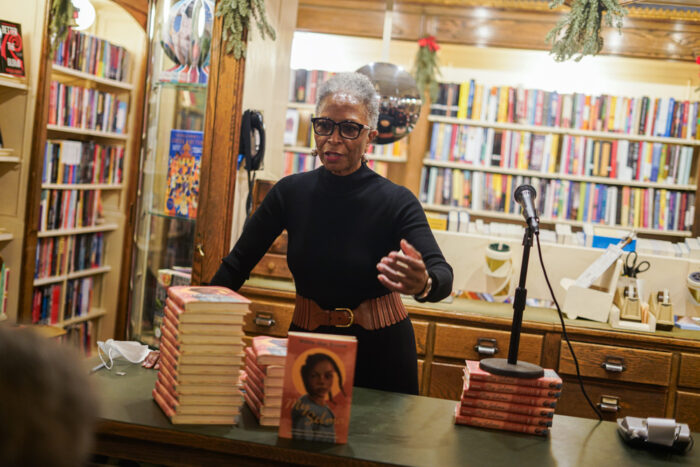 Willie Mae Brown speaks at a book launch for My Selma. (Luana Maria Şeu)
Willie Mae Brown speaks at a book launch for My Selma. (Luana Maria Şeu)
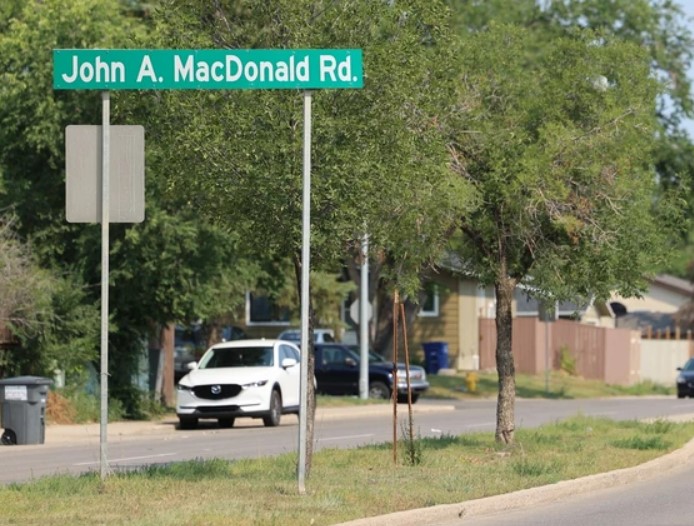
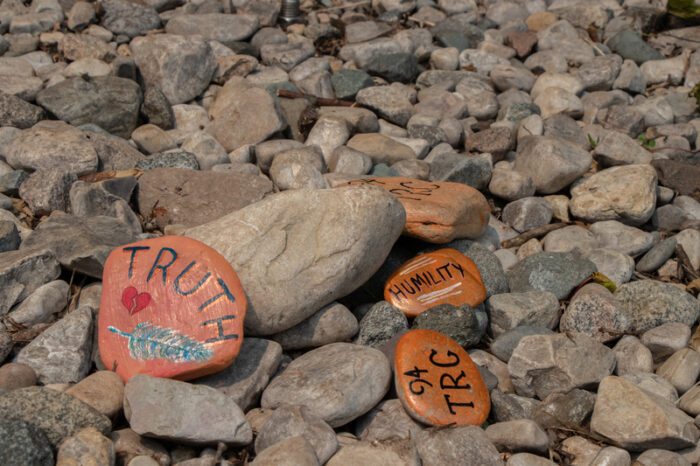
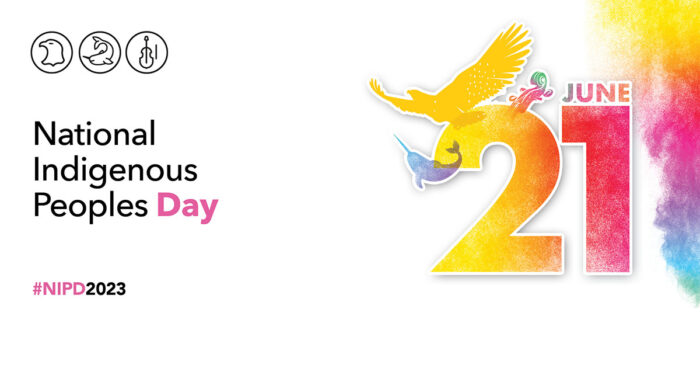
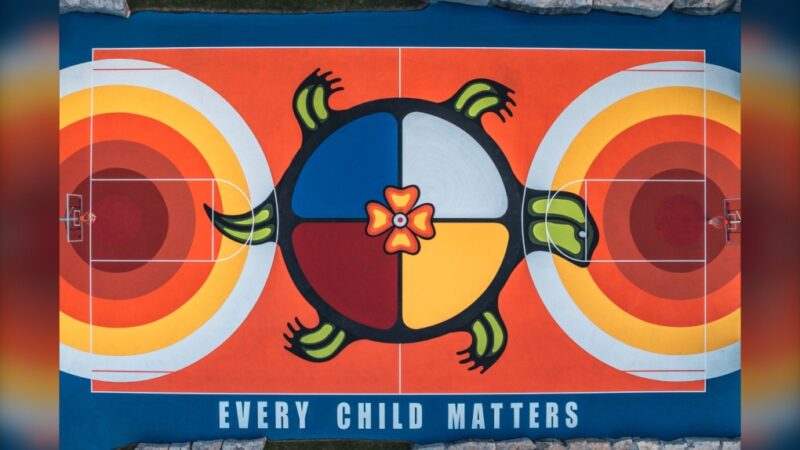
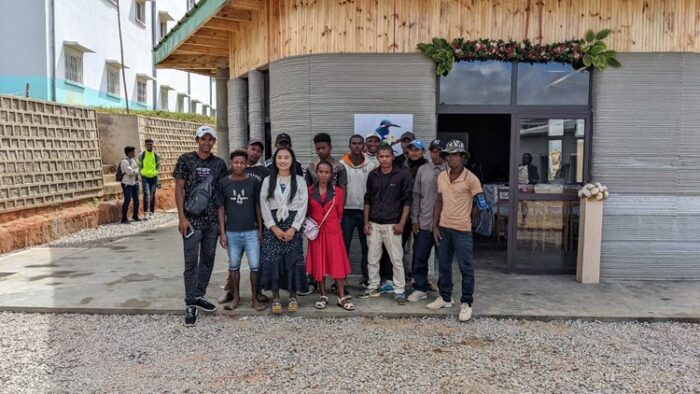


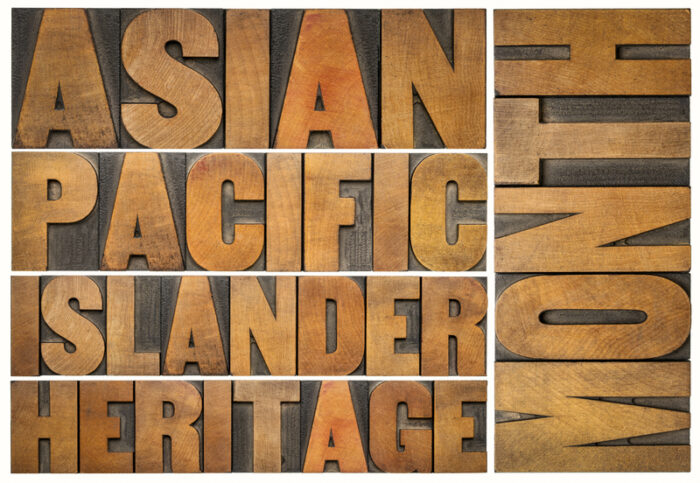


😀 John is a good interviewer. I was comfortable knowing that he had read My Selma and was able to extract from me answers that others had not. And that’s not to say other interviewers were not capable.
John made me feel that he was part of my family, the family in the book and discussing the contents with him was a lively, lovely experience. Thank you Owl 🦉 keep watch. Respectfully WillieMaeBrown